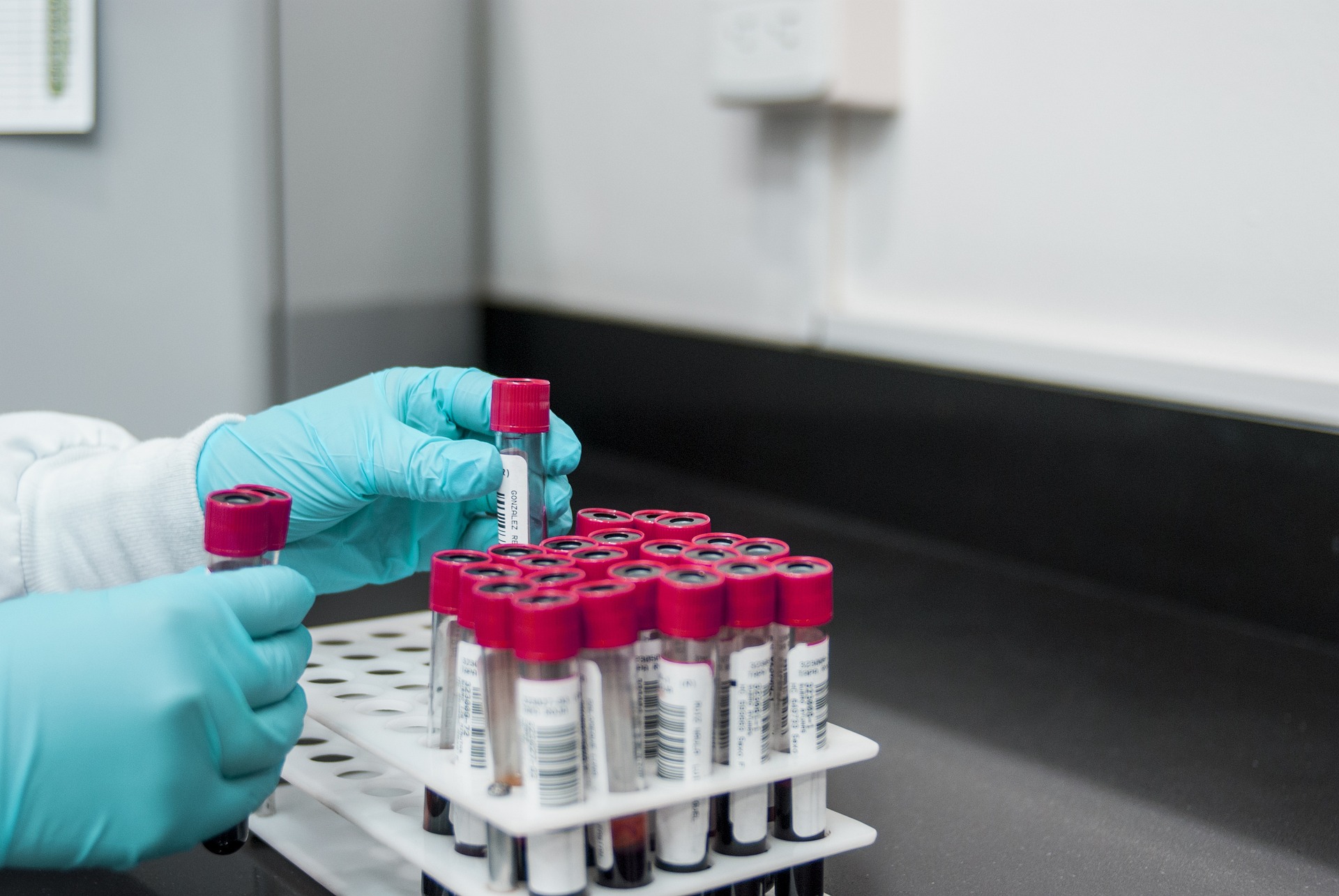A Number That Every Man Should Know
Cancer
The PSA test is a blood test used primarily to screen for prostate cancer. Prostate cancer is the main cause of an elevated PSA. A higher level means a higher risk of prostate cancer. In 1994, the FDA approved the PSA test to be used in conjunction with a digital rectal examination to aid in the detection of prostate cancer in men years and older.
PSA is a protein produced by normal, as well as malignant cells, of the prostate gland. PSA is found mostly in semen, which is also produced by the prostate. PSA test measures the level of PSA in the blood.
PSA levels of 4.0 ng/dL and lower are considered normal. PSA levels that continue to rise after 2 or more tests may mean you have prostate cancer. If the PSA is above 10 ng/dL, you have more than a 50% chance of having prostate cancer.
PSA can cause elevated levels of PSA. Abnormal results of a PSA test may lead your doctor to recommend a prostate biopsy. A biopsy can tell you definitively if you have prostate cancer.
Why Every Man (Above 50 Years) Should Have a PSA Test
The PSA is the best way to detect prostate cancer in its early, potentially curable stages. Since a digital rectal examination can occasionally detect an abnormality when PSA does not, men who choose to be screened for prostate cancer should have both.
The American Cancer Society and the American Urological Society recommend that doctors discuss the PSA and offer annual testing to every man above the age of 50. The ACS states that if a man cannot decide, his doctor should recommend testing.
Requiring only a single blood sample, PSA testing is quick, easy and safe. PSA screening has a sensitivity of about 80%; it succeeds in detecting cancer in 8 out of every 10 men with the disease. An important 2004 study shows how the risk rises as the PSA increases, even within the normal range. The PSA Velocity reflects the rate of change; a rise of more than 0.75 over the course of a year, increases the likelihood of cancer.
Without screening, about 40% of prostate cancers are not diagnosed until they have spread too far to be curable. Early detection is surely the best hope for curing prostate cancer, and PSA screening is the best way to find early disease.
